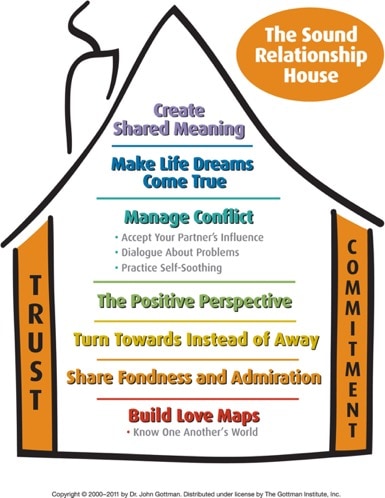Therapeutic Approach
Cognitive Behavioral Therapy
Cognitive Behavior Therapy (CBT) is an effective psychotherapy supported by over 1,000 research studies. It is a time-sensitive, structured, present-oriented psychotherapy that helps individuals identify goals that are most important to them and overcome obstacles that get in the way of those goals. CBT helps people get better and stay better.
Cognitive Behavior Therapy is one of the few forms of psychotherapy that has been scientifically tested and found to be effective in hundreds of clinical trials for many different disorders. CBT is based on the cognitive model: the way we perceive situations influences how we feel emotionally. CBT helps people identify their distressing thoughts and evaluate how realistic the thoughts are. Then they learn to change their distorted thinking. When they think more realistic, they feel better. The emphasis is on solving problems and initiating behavioral changes.
CBT is usually more focused on the present, more limited in duration, and more problem-solving oriented. In addition, patients learn specific skills that they can use for the rest of their lives. These skills involve identifying distorted thinking, modifying beliefs, relating to others in different ways, and changing behaviors.

CBT uses a variety of cognitive and behavioral techniques, but it isn’t limited to these strategies. We do lots of problem solving and we borrow from many psychotherapeutic modalities, including dialectical behavior therapy, acceptance and commitment therapy, Gestalt therapy, compassion focused therapy, mindfulness, solution focused therapy, motivational interviewing, positive psychology, interpersonal psychotherapy, and when it comes to personality disorders, psychodynamic psychotherapy.
The Gottman Method (Couples/Marriage Counseling)
The Gottman Method is a form of couples-base therapy and education that draws on the pioneering studies on relationships by psychologist John M. Gottman and clinical practice conducted by both John Gottman and his wife, psychologist Julie Gottman. Nearly 40 years of research have led Dr. Gottman to identify the elements it takes for relationships to last—among all types of couples and across all phases of life.
There are nine components of what the Gottmans call: “The Sound Relationship House,” where partners make mental maps of each other’s world to learning how to break through relationship gridlocks. One of the reigning insights of the science-based approach is that in the dynamics of relationship systems, negative emotions like defensiveness and contempt have more power to hurt a relationship than positive emotions have to help a relationship. As a result, the structured therapy focuses on developing understanding and skills so that partners can maintain fondness and admiration, turn toward each other to get their needs met (especially when they are hurting), manage conflict, and enact their dreams—and what to do when they mess up (because everyone does).
Gottman therapy is built on research showing that negativity makes a big impact on the brain, and that unless couples take steps to counteract instances of negativity they grow apart emotionally. The therapy identifies and addresses the states of mind and behaviors shown to underlie intimacy and helps partners maintain a positive orientation to each other that can sustain them in upsetting and stressful circumstances. Although individual perspectives and wishes are addressed, all therapy is conducted with both partners together, and therapists do not privilege secrets.

The goals of Gottman Method Couples Therapy are to disarm conflicting verbal communication, increase intimacy, respect, and affection, remove barriers that create a feeling of stagnancy in conflicting situations, and create a heightened sense of empathy and understanding within the context of the relationship.
Specializations Include
- Academic Development
- Anxiety
- Anger Management
- Bereavement
- Couples/Marital Treatment
- Depression
- Individual Treatment
- Infidelity
- Family Conflict
- Life Transitions
- Low Self-Esteem
- PTSD
- School Based Issues
- Stress Management
- Trauma